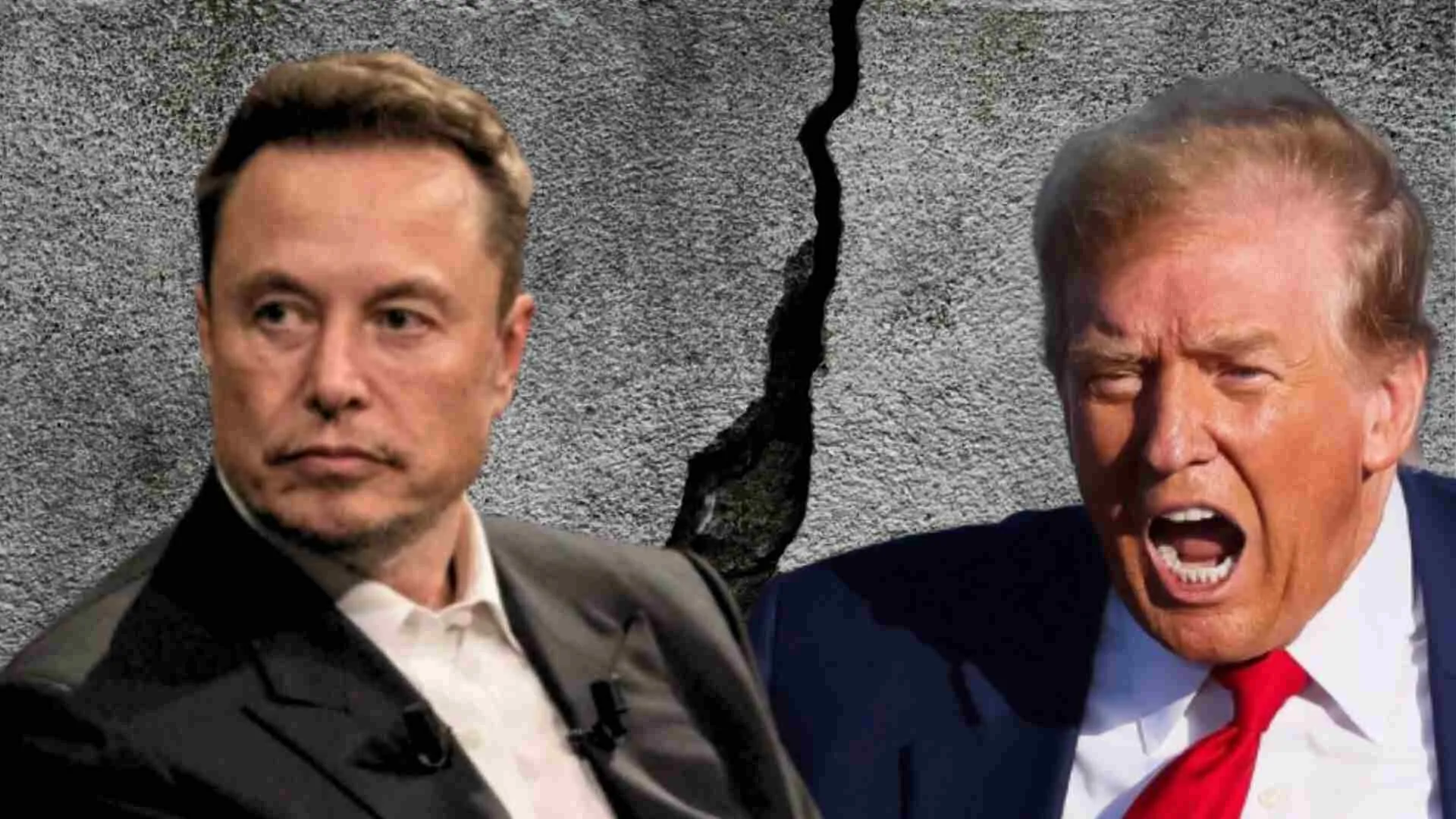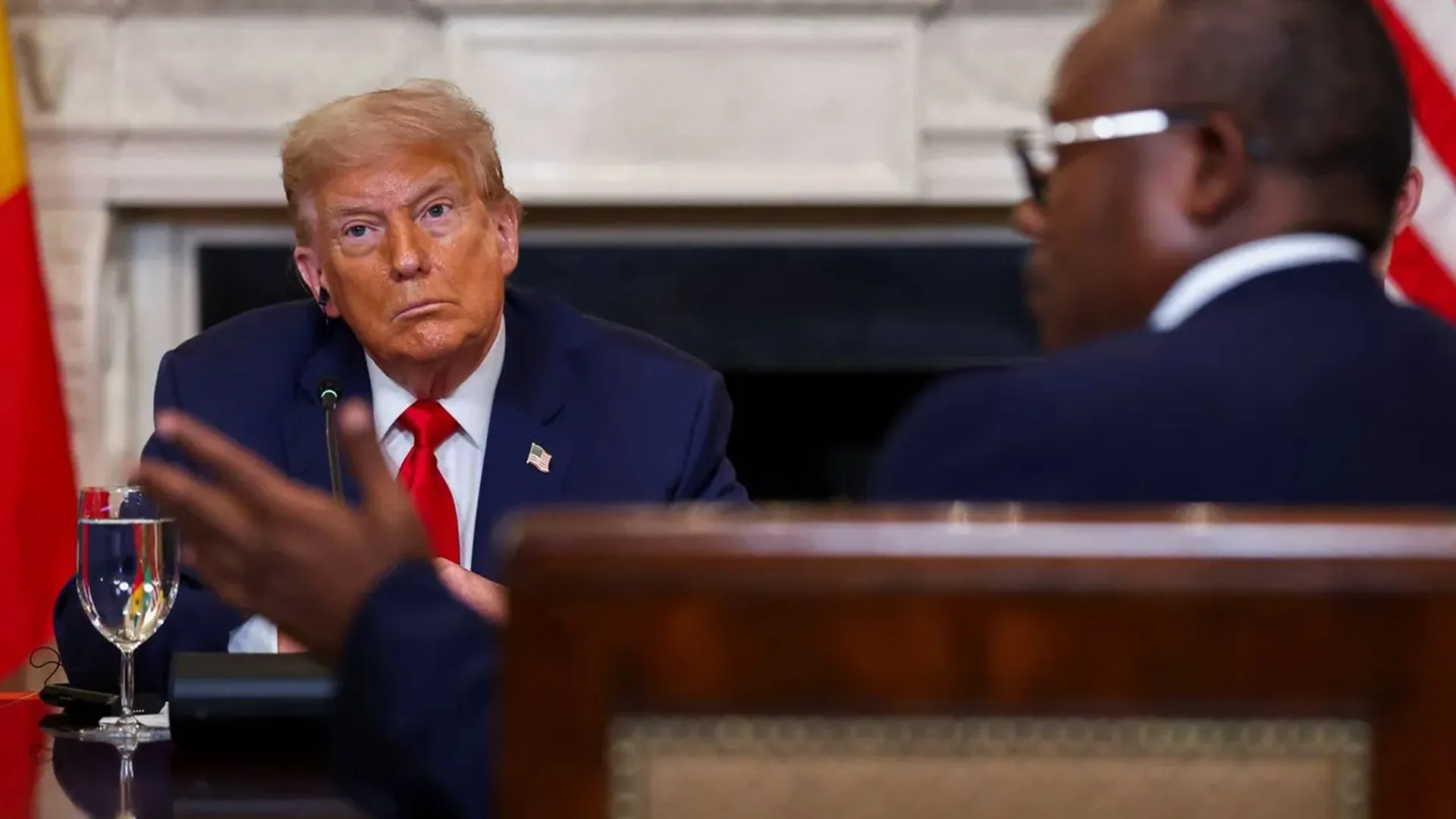The fiery exchange between American President Donald Trump and technology billionaire Elon Musk shook American political circles despite the view of many around the world that it was imminent. Their previously strong alliance had been instrumental in propelling the Republican Party and Trump to a win in the 2024 election and facilitating both leaders to transform the political landscape.
At the heart of their rift is Trump’s signature legislative initiative, the ‘One Big Beautiful Bill’, a far-reaching tax cut bill. The White House insists the bill will spur unprecedented economic growth, but critics, such as the Congressional Budget Office, have cautioned that it would balloon the national deficit by $2.5 trillion over the decade.
Elon Musk, erstwhile chairman of the Department of Government Efficiency (DOGE), has been vocally opposed to the bill. He has argued that it wipes out his work of limiting federal spending and streamlining government operations. Musk has labeled the bill as potentially able to “potentially increase the fiscal deficit and deepen America’s debt burden.” The bill also includes proposals to slash tax credits for electric cars— Tesla, one of Musk’s brainchild companies, being a direct victim.
These tensions boiled over into public dispute when Musk publicly denounced the bill and Trump retaliated by threatening economic sanctions. Musk’s role at DOGE and his backing of deficit reduction had been seen as critical to the administration’s broader goals.
The stakes are high for both sides. To Trump, the loss of Musk’s political and financial backing could erode his bargaining power in Congress. Musk’s resistance has already emboldened other Republicans, like Florida Governor Ron DeSantis, to dissent. With the bill now headed to the Senate, resistance from influential party leaders, galvanized by Musk’s resistance, might be enough to derail its passage.
Trump also has campaign funding losses. Musk was among the biggest donors to the 2024 elections, giving an estimated $250 million to Trump’s campaign. He was also expected to do the same again in the 2026 midterm elections, when the Republican Party is struggling to keep Congress.
Beyond funding, Musk’s control of X (formerly Twitter) has been at the heart of sharing Trump’s messaging with millions. With that relationship severed, the future alignment of that platform is uncertain.
Meanwhile, Musk is hardly free from blame. He stepped down from his government role in late May to return his attention to Tesla and SpaceX, two entities that have been subsidized by billions of dollars of government money. Trump’s threat to end contracts and funding has already spooked the market, and Tesla stock has tanked.
Musk can also find himself politically isolated. His past ownership of DOGE had called for protest and even sabotage, and his direct confrontation with Trump can increase tensions further, even among traditionally conservative forces that were with him previously.
In essence, the Trump-Musk divide has profound implications that extend beyond their own ambitions but also for larger political and economic forces within the U.S.






















